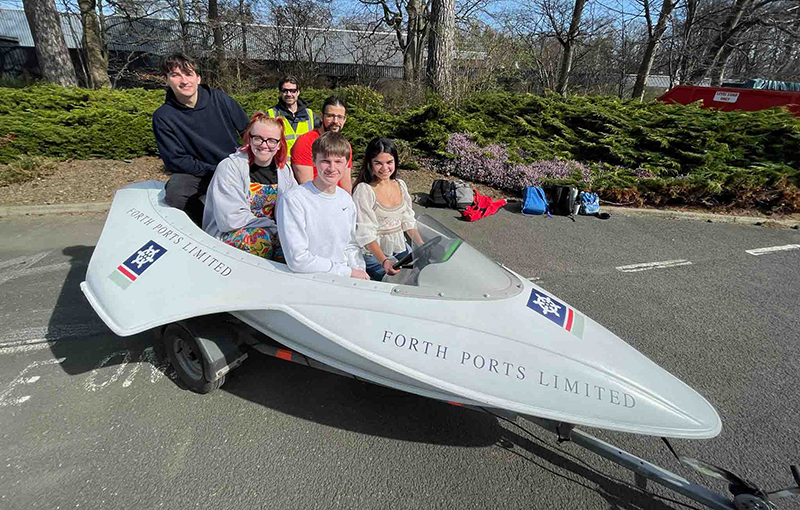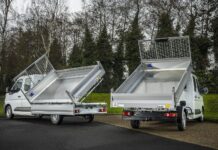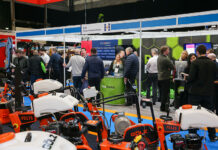A group of Heriot-Watt University engineering students are set to compete in the Monaco Boat Challenge in July after help from the Scottish plant sector to create a vessel powered by green hydrogen.
The event brings together more than 1,000 engineers, industry leaders, and students to showcase sustainable innovations in maritime technology.
Competing teams must design and build boats powered by renewable energy sources such as solar, hydrogen, or synthetic fuels.
The Heriot-Watt University Scotland PlusZero team is competing in the Sealab category, with a vessel powered by green hydrogen generated through electrolysis. The approach converts stored energy back into electricity for propulsion.
Central to its success is the use of solid-state hydrogen storage and recharging technology, developed through Heriot-Watt’s Decarlog project. The system is said to offer higher energy density and safety compared to traditional lithium batteries.
The project is backed by a host of industry partners, including Falkirk-based Taylor Construction Plant, who supplied the boat’s hydrogen fuel cell. Guidance was also provided by Hydrogen Scotland. Forth Ports offered financial support as the team’s headline sponsor, as well as access to its testing facilities at the Port of Leith in Edinburgh. PlusZero, a specialist in green hydrogen solutions, equipped the team with the race boat as well as technical expertise and metal hydride technology. Cryptocurrency Scotcoin helped fund the project.
Team member Dominic Chapman, who is studying mechanical and energy engineering at Heriot-Watt, said, “Our studies have given us extensive practical exposure. The combination of coursework, renewable energy studies, and real-world industry collaboration has allowed us to take on this ambitious project with confidence.”
Joining Dominic on the team are fellow students Kate Sinclair, Logan Taylor, Andrei Muntean and Emilin Isgin.
Heriot-Watt said the challenge represents an opportunity to showcase its engineering talent on an international stage.
The team is part of the university’s Global Research Institute for Net Zero and Beyond (iNetZ+), which collaborates with industrial partners, governments, and local communities to address global sustainability challenges.












